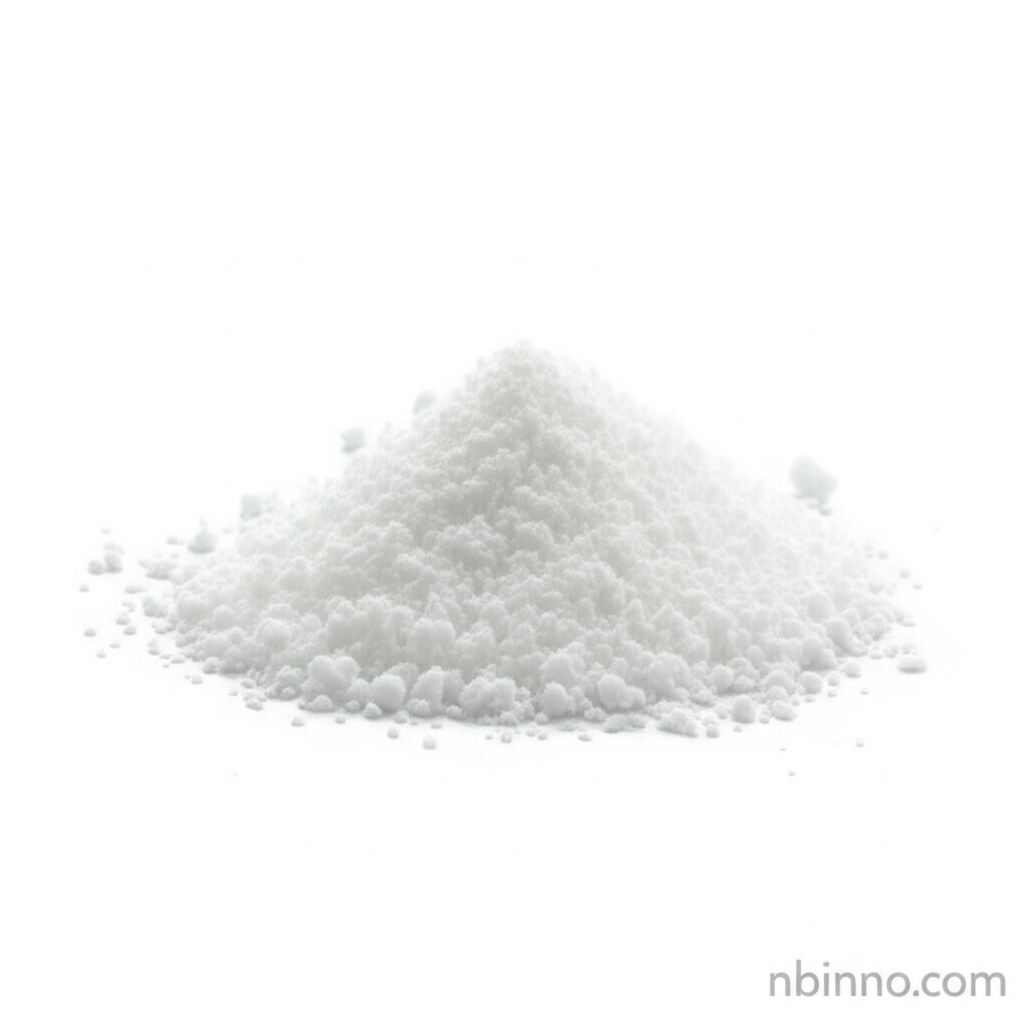Discover the Versatility of Hydroxypropyl Cellulose (HPC)
Explore the extensive properties and applications of this essential cellulose derivative.
Get a Quote & SampleProduct Core Value: Hydroxypropyl Cellulose

Hydroxypropyl Cellulose
Hydroxypropyl Cellulose (HPC) is a semi-synthetic, non-ionic, water-soluble polymer derived from cellulose. It is renowned for its exceptional ability to act as a binder, film-former, stabilizer, and thickener across a wide array of industries.
- Explore the 'hydroxypropyl cellulose uses in pharmaceuticals' for advanced drug delivery systems. This material is crucial in creating extended-release matrix tablets, controlling the release rate of active pharmaceutical ingredients and improving patient compliance.
- Understand the 'hydroxypropyl cellulose properties and applications' to leverage its moisture-retaining capabilities. HPC is ideal for applications requiring enhanced hydration and preventing water loss, making it a key ingredient in cosmetics and ophthalmic preparations.
- Learn about 'hydroxypropyl cellulose powder price' and availability for bulk purchases. Sourced for its high quality and consistent performance, it is a reliable choice for manufacturing processes requiring large quantities of this versatile chemical.
- Investigate 'buy hydroxypropyl cellulose online' for convenient procurement. We ensure a seamless supply chain, providing researchers and manufacturers access to this essential ingredient for their product development and innovation.
Key Advantages of Using Hydroxypropyl Cellulose
Exceptional Film-Forming Properties
HPC forms strong, flexible films that are beneficial in tablet coatings and cosmetic formulations, contributing to product integrity and aesthetic appeal. This aligns with its role in 'cosmetic ingredient sourcing and formulation'.
Versatile Solubility
Possessing solubility in both water and various organic solvents, HPC offers significant formulation flexibility. This characteristic is vital when considering 'cellulose derivatives in material science' for diverse product development.
Moisture Retention and Binding
Its hygroscopic nature makes HPC an excellent moisturizer and binder, essential for maintaining product stability and texture in 'food additive' applications and pharmaceuticals. Its application in 'ophthalmic preparations and eye care ingredients' is a testament to this property.
Key Applications of Hydroxypropyl Cellulose
Pharmaceuticals
Used as binders, disintegrants, and film-coating agents in tablets, and as lubricants and stabilizers in ophthalmic preparations. Understanding 'hydroxypropyl cellulose uses in pharmaceuticals' is key for advanced drug delivery.
Cosmetics
Acts as a thickener, stabilizer, and film-former in lotions, creams, and hair care products. Its properties make it a sought-after component in 'cosmetic ingredient sourcing and formulation'.
Food Industry
Functions as a thickener, stabilizer, emulsifier, and glazing agent in various food products. Its role as a 'food additive' is well-established, contributing to texture and shelf-life.
Textile and Dyeing
Utilized as a thickening agent in textile printing pastes and as a sizing agent, improving the handling and performance of fabrics.
